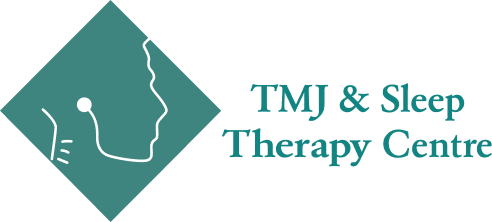For now, you might be putting up with obstructive sleep apnea (OSA) symptoms like loud snoring, morning headaches and lack of daytime energy because you’ve gotten used to them. Many sleep apnea sufferers simply lack awareness of the issue and the health risks associated with OSA. Symptoms go undiagnosed or misdiagnosed for years and the result is no relief or end to the condition. Unfortunately, leaving this sleep disorder untreated can put you at greater risk for a host of serious health problems, namely heart disease.
About 20 million Americans live with OSA, but the vast majority of these individuals go untreated. Most patients disregard their symptoms and don’t report them to their physician or dentist. Symptoms of OSA include loud snoring, constant waking during the night because you can’t breath, morning headaches, daytime fatigue, and mood changes. Are you at risk for this sleep disorder? Here are common factors among OSA sufferers:
- Males are more likely to have OSA than females
- Obesity
- Over the age of 40
- Neck size of 17″ or more in men and 16″ or more in women
- Enlarged tonsils
- Family history of sleep apnea
- Deviated septum or sinus problems
A Heart in Jeopardy
OSA puts strain on the heart and cardiovascular system. If left untreated, you are more likely to have high blood pressure and difficulty controlling your high blood pressure. Problems with the heart, such as atrial fibrillation and bradycardia, are also aggravated by OSA and will be more difficult to control.
OSA also puts you at risk for hardening of the arteries, or coronary artery disease. The small blood vessels supplying blood and oxygen to the heart narrow, which can lead to heart attacks and heart damage. Those with severe OSA are twice as likely to have a heart attack than those without the sleep disorder. The startling news is that, according to the American Thoracic Society, 70% of individuals admitted to the hospital for coronary artery disease also had OSA.
How does OSA increase your chances of developing heart disease? The exact cause is not known, but it is thought that frequent drops in oxygen levels in the blood contribute to the problem. During sleep, OSA sufferers frequently stop breathing, and they usually wake each time but are not aware of it. When breathing stops, the oxygen level in the blood gets low as well. These frequent drops in oxygen are thought to damage the heart’s blood vessels.
In addition, each time the oxygen level gets low, the heart beats faster and blood pressure increases. Overall stress on the heart caused by OSA can reduce overall function, further reducing oxygen levels in the heart and body.
As you can see, OSA has a direct connection to the health of your heart. When left untreated, this sleep disorder can ultimately cause serious disease of this vital organ. Don’t ignore the symptoms. Please call our office to schedule a consultation.





